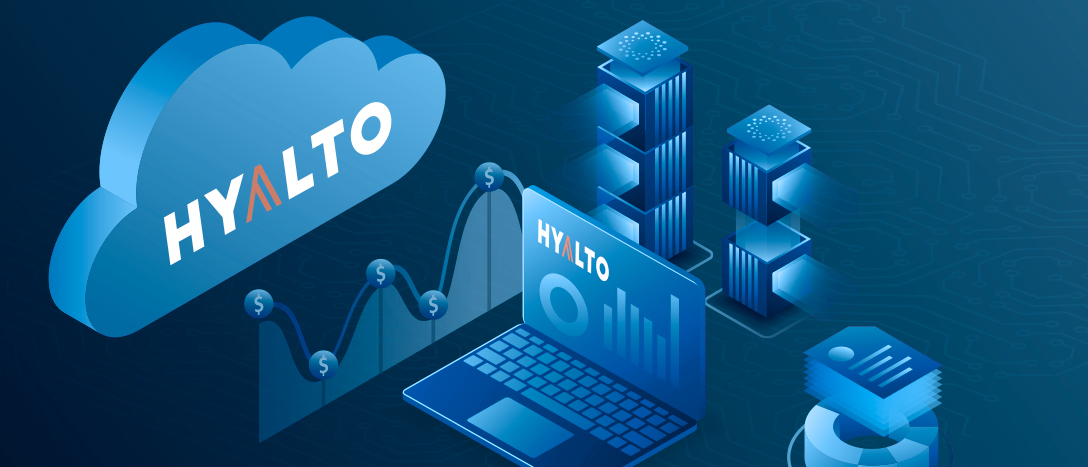MSPs: Are Your Cloud Operations Meeting Your Customers’ Needs?

Organizations of almost every size and stripe struggle with the need to collect data, secure it, and derive actionable insight from it to remain competitive and profitable.
Enterprises are turning to the public cloud to address their data needs on the expectation that this will be less costly than expanding and staffing up their on-premise IT infrastructure.
According to Forrester Research, 62 percent of public cloud adopters are using two or more unique cloud environments/platforms. Meanwhile, 74 percent of enterprises today describe their strategy as hybrid/multi-cloud.
For the typical mid-market MSP faced with this reality, the challenge goes hand in hand with opportunity.
An MSP can help its enterprise clients maximize their private and public cloud investments. It can support digital transformation initiatives that lever big data and AI. It can be the trusted advisor with the base of experience and expertise that an internal IT team can seldom match.
And yet, many mid-market MSPs struggle with antiquated manual processes and poor data management. It’s the very definition of irony.
As the needs of their clients grow more complex, MSPs can’t afford to let their business processes languish in the past.
It’s a safe bet that an enterprise that banks its future on a hybrid or multi-cloud strategy will prefer an MSP that is multi-cloud capable, to ensure their blend of private and public cloud services are aligned, optimized and as cost-effective as possible.
If you are reading this, odds are you have built a respectable business that specializes in a private cloud infrastructure, such as VMware. When your clients need something, they will deal with an account rep, who will then confer with an engineer, who may then take hours or sometimes days to provision what’s needed. At month end, someone from your finance team has to go digging to compile a metering report for billing purposes manually.
This approach is labor-intensive and prone to error. It is no way to grow a business in an increasingly competitive market where every MSP struggles to avoid being commoditized as a simple fixer of things that break.
If you want to make your business more efficient and profitable at what it does now, if you’re going to stand out with a premium white-glove service, and if you’re going to scale to become a true multi-cloud service provider, you need to get a handle on the data that profiles your engagement with each client.
The pieces are there, and you need the data management toolset, call it a “revenue-focused cloud management platform” to organize them into a cohesive picture. In practice, this means creating true convergence between sales, provisioning, and billing.
Consider it regarding a “single pane of glass,” where clients can adjust their service package on the fly in response to their changing needs, your engineers can quickly provision new services, and your finance people can easily pull reliable usage metering reports to feed your billing system.
This ability to be nimble will reduce errors and revenue leakage, and provide clients with real flexibility and cost management. Clients get what they need when they need it and only pay for what they use.
This kind of data-driven automation is already common across the enterprise to manage other mission-critical operations – why shouldn’t it be available to you?
If you’d like to talk to us about monetizing your billing process, or about how to deliver your cloud to customers more quickly and efficiently, we’d love to hear from you.
Contact us today and let’s get started.






